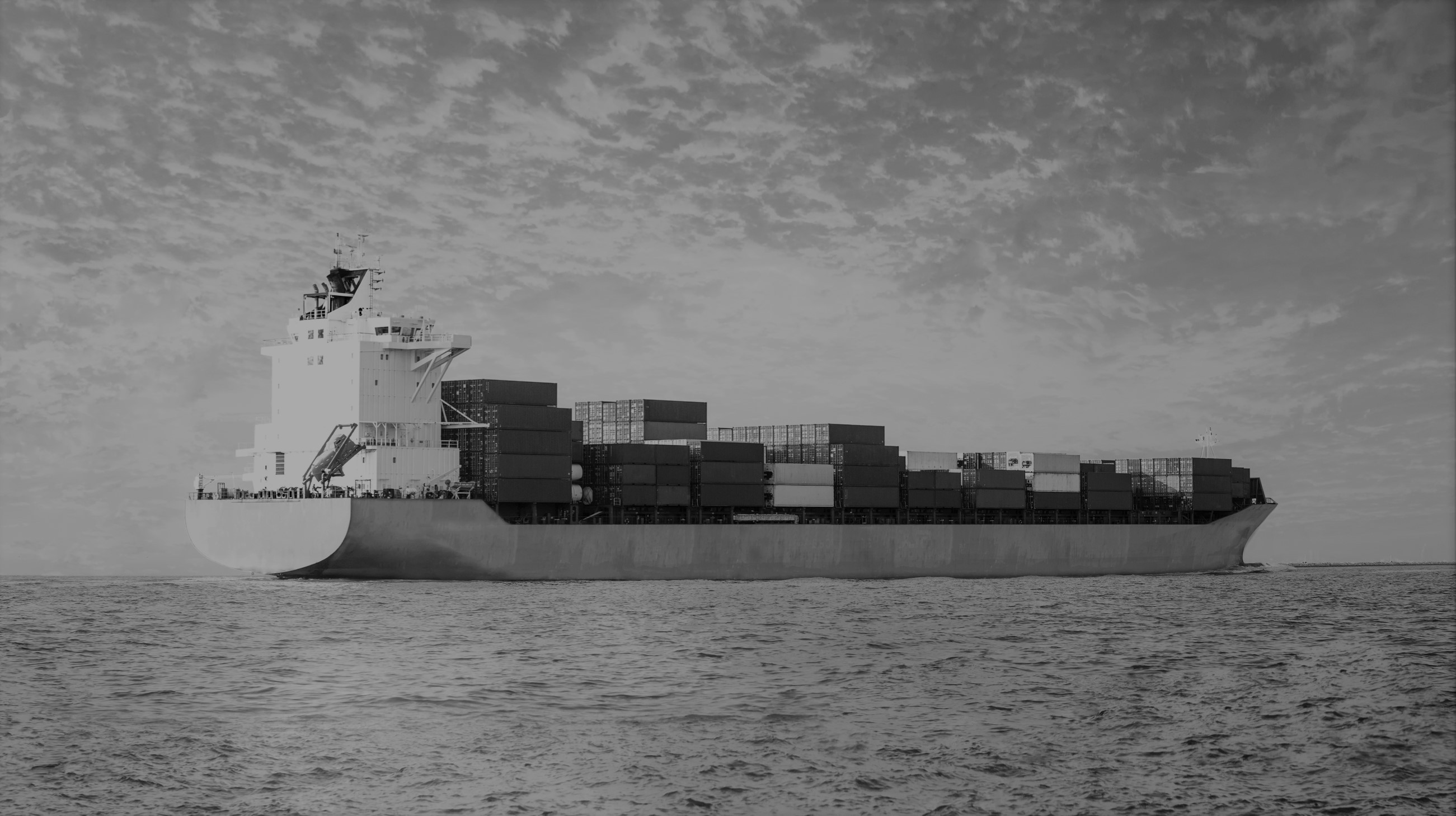One-third (33%) of UK shipping organisations have revealed that ships going dark is the biggest challenge in sanctions compliance, according to a research study conducted by Maritime Intelligence specialists Pole Star.
A ship typically goes dark by switching off their Automatic Identification System (AIS), meaning they cannot be detectable by public monitoring systems, despite all ships of 300 tons or greater on international journeys being required to broadcast their location.
This is of particular interest given the wave of sanctions that are currently placed on Russia, with Russian vessels being banned from entering UK ports.
Pole Star’s research revealed that understanding and keeping pace with regulation was the second-largest challenge in sanctions compliance for a quarter (25%) of UK shipping organisations.
In addition, the findings also suggested that in 2021 only 41% of organisations viewed sanctions compliance as a high priority, with 16% noting it as a low priority. Almost half (44%) of UK shipping organisations revealed that ‘having greater accuracy and reduction of false positives in monitoring technology’ was the main action that could help them achieve sanctions/regulatory compliance, with 39% noting ‘enhanced vessel tracking via multiple position sources’.
“There are key sanction evasion tactics that we have seen time and again in the maritime sector, especially in respect of Iranian, North Korean, Venezuelan, and other sanctioned trades,” said Julian Longson, CEO of Pole Star.
Longson added that “such tactics are often labelled as ‘dark activity’ when a ship switches off its AIS transponder to avoid being tracked or monitored. Usually, the aim is to conceal a shops operational behaviour from regulators and enforcement, it can relate to illicit ship-to-ship transfers between two vessels to exchange sanctioned or embargoed cargo e.g. the transfer of oil from a Russian-flagged tanker carrying crude oil to another tanker flagged outside Russia.”







